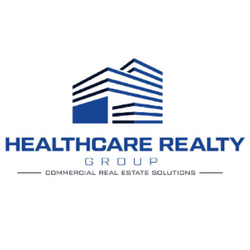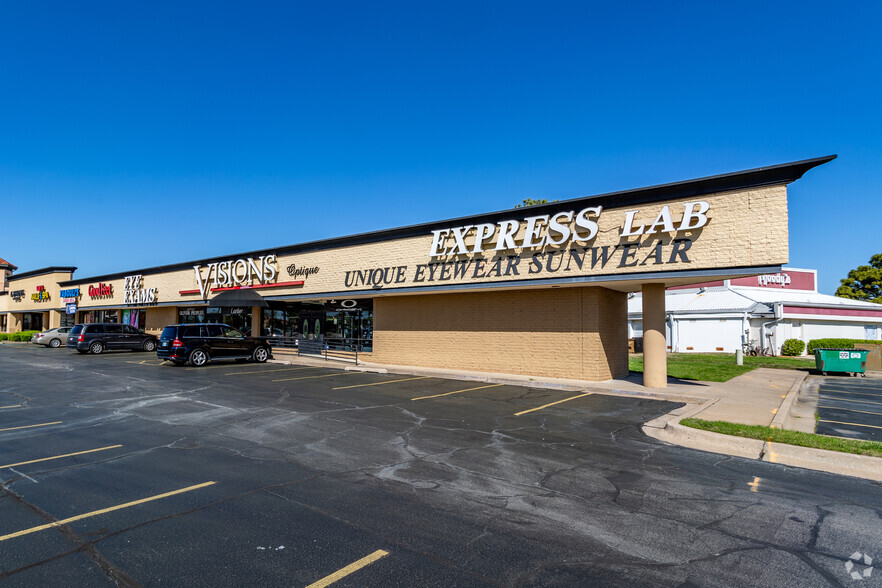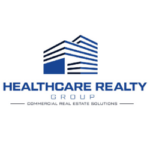As a business owner in the medical field, you want to fully understand your financial and legal commitments, especially when it comes to leasing medical facilities. Conducting a commercial lease audit is one of the best ways to gain this understanding. It provides total clarity into your contractual relationship with your landlord, ensuring that your medical facility’s needs are met.

What exactly is a commercial lease audit? It is a comprehensive examination and analysis of your current lease agreement. Every aspect of the lease is reviewed to make sure it aligns with on-the-ground reality. This is especially crucial in medical real estate, where specific regulations and requirements need to be met. The audit serves to verify that you and your landlord are fulfilling the letter and spirit of the agreement, ensuring that the premises are suitable for medical purposes.
Although it requires an investment of time, a commercial lease audit delivers outsized benefits that directly impact your financial bottom line.
Here are ten compelling reasons why every medical business should strongly consider undertaking a lease audit:
1. Verify You Are Paying the Precise Amount Owed
One of the foremost objectives of an audit is confirming you are paying the exact rent amount and additional expenses outlined in the lease contract. Given long and highly complex lease agreements, errors can creep in over time. An audit safeguards against unintentionally overpaying on rent, maintenance fees, taxes, insurance, or other costs stipulated in the lease. Any billing mistakes uncovered mean recouping payments you were incorrectly charged for. This directly puts money back into your pocket.
2. Optimize Usage of the Leased Premises
A lease audit examines if the space you are currently renting fully aligns with your business activities and needs. Have you expanded operations or revised workflows since originally signing the lease years back? Have changes been made to the property, like the removal of a storage area or exam room? The audit lets you identify any necessary adjustments to the layout or terms of the lease that would allow you to use the space in an optimal manner for efficiency and productivity.
3. Ensure Compliance with Medical Regulations
Medical facilities have unique requirements and standards to maintain patient safety and care quality. A lease audit can verify that the leased premises adhere to health and safety regulations, accessibility standards, and other medical-specific requirements. This ensures that your facility remains compliant and avoids potential legal or regulatory issues.
4. Verify Adherence to Lease Obligations
A lease audit investigates whether both the landlord and tenant are fulfilling their agreed-upon contractual obligations. For the landlord, it checks they are providing maintenance, operational services, or amenities stipulated in the lease. Are common areas and shared property spaces properly maintained? For the tenant, it verifies you are complying with occupancy limits, subletting clauses, insurance requirements, payment schedules, and other stipulations. Ensuring all parties comply with the lease terms avoids potential conflicts or legal issues down the road.
5. Uncover Savings from Billing Errors or Overcharges
An important component of the audit process is inspecting expenses charged by the landlord for inaccuracies or overcharges. For example, you may be billed for maintenance requests that never happened, excessive property management fees, or real estate taxes above the contracted amount. Identifying and recovering any improperly charged payments saves real money. Beyond recouping past payments, this process can highlight opportunities to reduce future operating expenses through updated lease terms.
6. Mitigate Risks and Liabilities
A lease audit verifies the premises meet current safety and building codes. It also checks that proper insurance coverage amounts and terms are in place. Identifying and addressing potential risks, hazards, deficiencies, or liability gaps helps prevent or prepare for problems if an unforeseen event were to later occur. No business wants to be unjustly vulnerable due to the lack of protections stipulated in the lease.
7. Renegotiate to Align with Current Business Conditions
Has your business evolved or have market conditions changed significantly since first signing the lease agreement? A lease audit can reveal opportunities to renegotiate certain terms to better fit your business in its current state. Renegotiation provides the flexibility to modify the lease as your space needs, workforce size, or other factors change over time. An outdated lease could be costing you more than needed.
7. Optimize Square Footage Usage
A lease audit examines how efficiently you are using your leased workspace. Over years of business fluctuations, you may discover you are over or underutilizing certain spaces. The audit looks at current staffing, inventory, equipment, and workspace needs to determine how to rightsize usage. Adjusting to optimize square footage saves paying for unused areas while ensuring you have room for future growth.
In addition to general business needs, medical facilities often require specialized spaces like examination rooms, labs, or imaging areas. The audit can help ensure that the space allocation meets these specific medical needs, optimizing patient flow and care delivery.
8. Foster Transparency and Build Trust
Undertaking a commercial lease audit demonstrates mutual transparency between the landlord and tenant. It signals that both parties aim for open and fair dealings built on trust. Reviewing the alignment between lease terms and on-site reality minimizes potential misunderstandings down the road. It strengthens the business relationship when both sides have clarity.
9. Improve Financial Planning and Budgeting
Knowing your future financial commitments in granular detail allows for smarter budgeting and planning. A lease audit provides enhanced visibility into upcoming costs like rent increases, maintenance fees, property taxes, insurance bills, and other defined expenses. With a comprehensive picture, you can accurately plan and allocate funds well into the future.
A commercial lease audit, especially in the realm of medical real estate, requires an investment of time yet delivers outsized financial and operational benefits. It ensures your contractual partnership with your landlord remains balanced, compliant, and optimized as your medical business evolves. Conducting this audit is a proactive step to safeguard your interests, ensure patient safety, and put your medical facility in the strongest position moving ahead.






